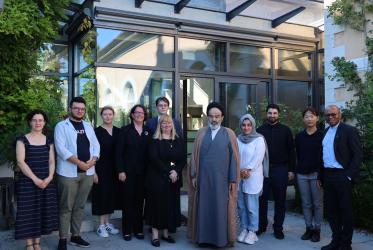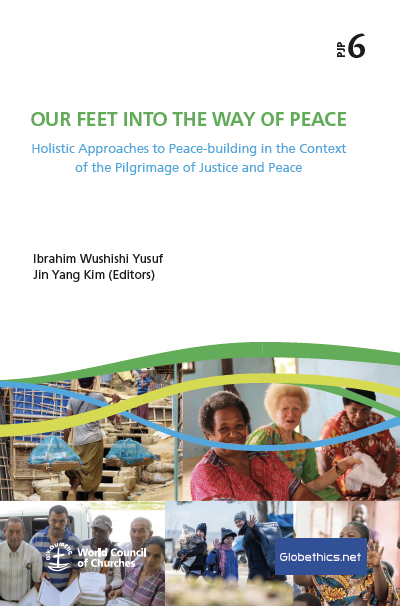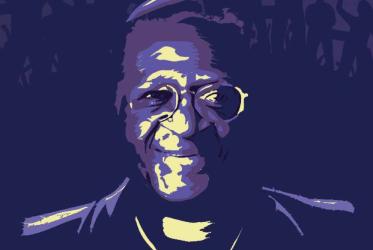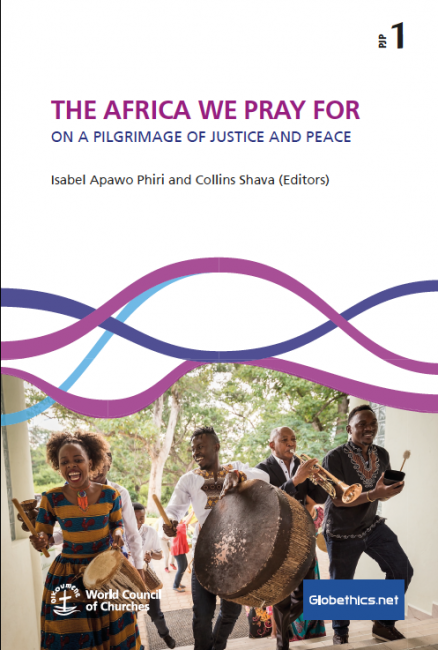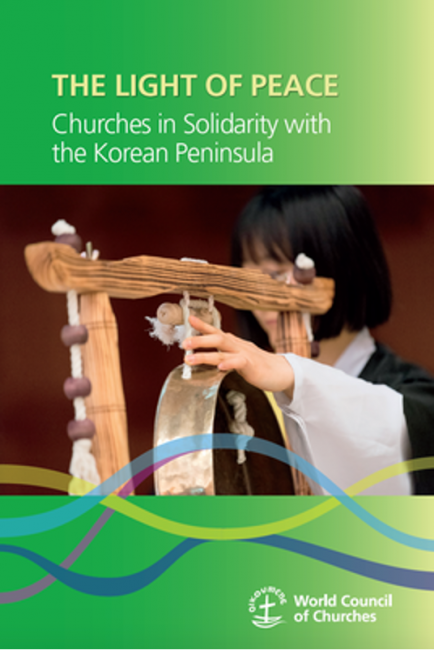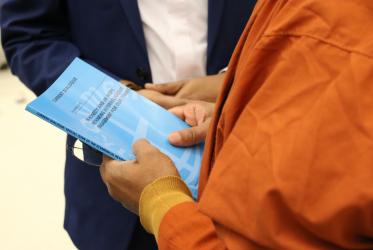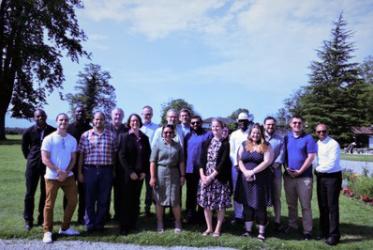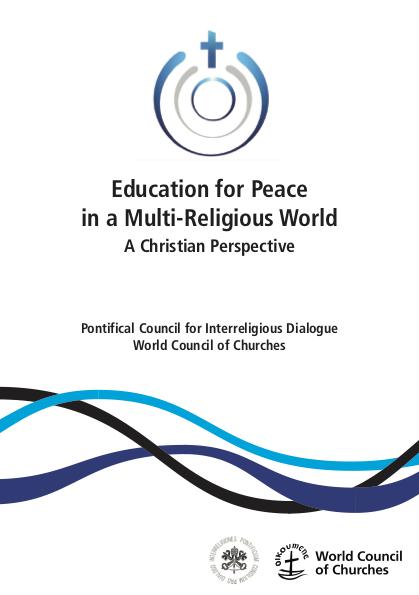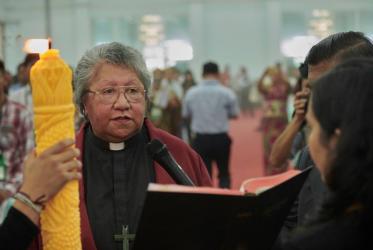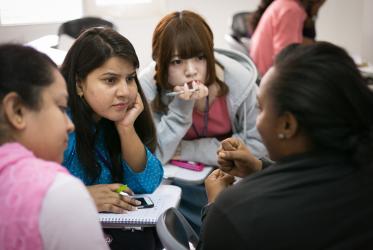Displaying 1 - 20 of 38
Seek Peace and Pursue It: PJP Series 4
Reflections on the Pilgrimage of Justice and Peace in Europe
22 August 2022
Our Feet into the Way of Peace: PJP Series 6
Holistic Approaches to Peace-building in the Context of the Pilgrimage of Justice and Peace
19 August 2022
Hate Speech and Whiteness: PJP Series 5
Theological Reflections on the Journey Toward Racial Justice
19 August 2022
Towards an Ecumenical Theology of Companionship: PJP Series 3
A Study Document for the Ecumenical Pilgrimage of Justice and Peace
19 August 2022
Tutu’s legacy: A Zoom panel celebrating “the Arch”
03 February 2022
Festivities and dialogue launch new WCC journal
07 February 2020
Bossey gathers students for interreligious dialogue
02 July 2019
#WCC70: Nathan Söderblom, ecumenical pioneer
29 August 2018
Pope Francis at the World Council of Churches
31 May 2018
